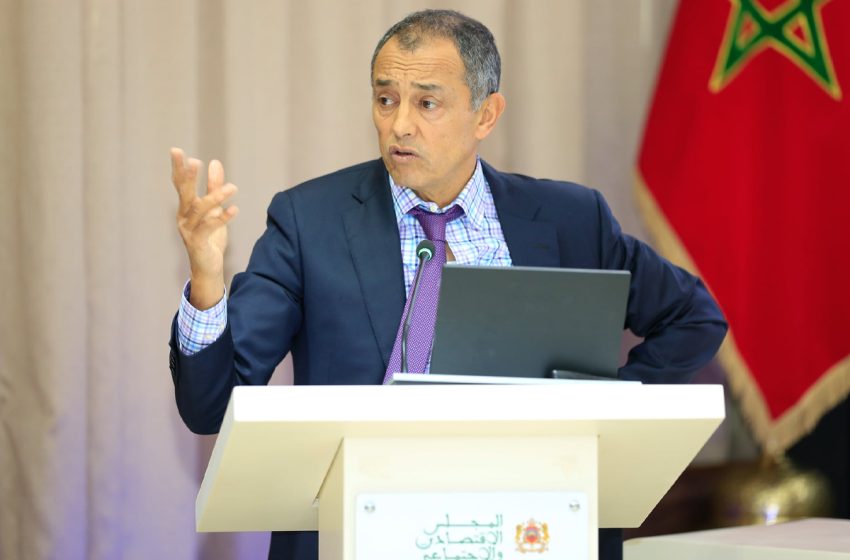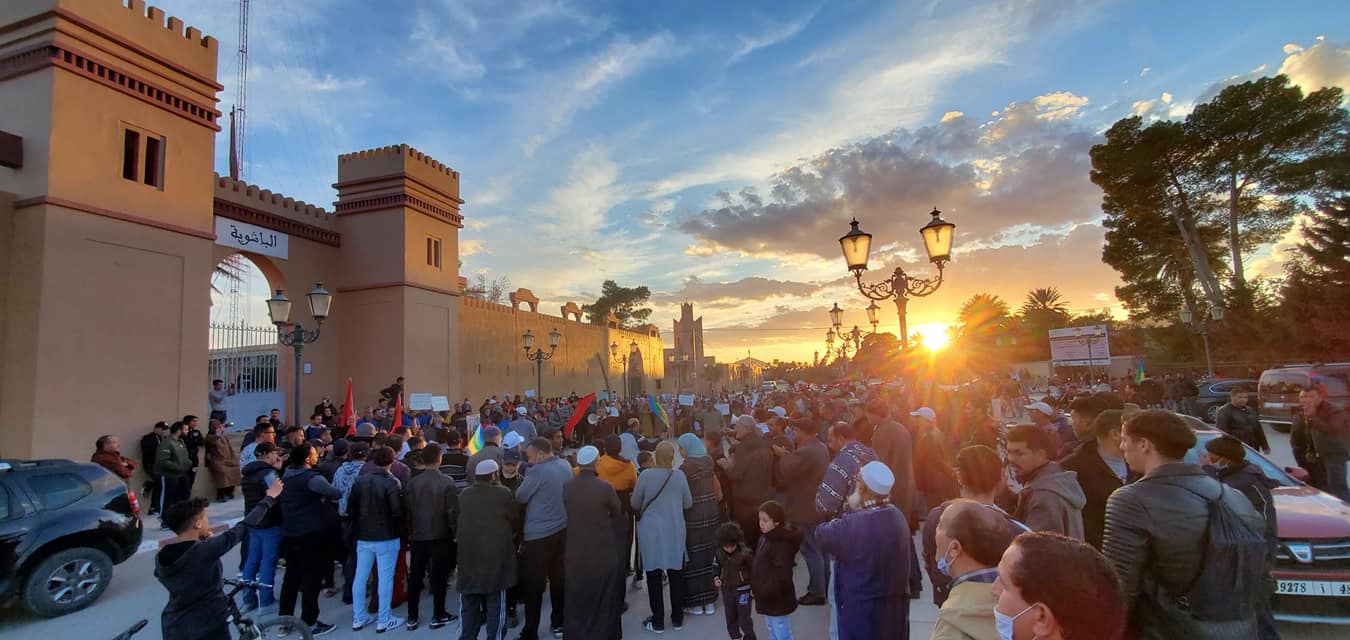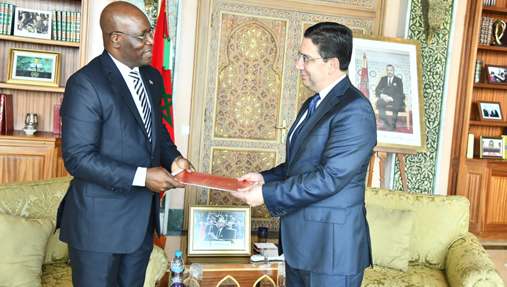President of the Moroccan Economic, Social and Environmental Council (CESE), Ahmed Réda Chami, called Friday, for an overhaul of the European vision vis-à-vis Africa, based on cooperation that “promotes co-development rather than extractivism.”
Economic cooperation models between Europe and Africa should be reconsidered and re-oriented towards inclusive economic policies, promoting fairer trade, Chami said at the opening of the annual general assembly of the International Confederation of Alumni of the National School of Administration (ENA) and the National Institute of Public Service (INSP) of France.
Calling to “break with economic neocolonialism” and to make education and training a priority for the future of the African continent, CESE president noted that the geographical proximity between Europe and Africa has developed a rich common history, thus forging deep and lasting bonds that share universal values.
On the other hand, the “sticking points” on issues such as migration, climate displaced people, and border management require increased attention, he argued, emphasizing in this context the importance of the inherent challenges to climate change which disproportionately affect African countries despite their low contribution to global greenhouse gas emissions.
On his part, the President of the International Confederation of Alumni of ENA (National School of Administration) and INSP (National Institute of Public Administration), Younes Slaoui, emphasized that Africa and Europe share a common future while recognizing the “complex” and sometimes “delicate” reality of current relations, which he deemed “asymmetric” and falling short of the stated ambitions.
Slaoui highlighted the “duality” between Africa’s status as a continent with a young and growing population, endowed with invaluable resources, and Europe’s status as a considerable market with deep historical ties to Africa.
Yousra El Hatib, Chief of Staff to the Minister Delegate for Digital Transition and Administrative Reform, focused on Morocco’s efforts to promote sustainable socio-economic development that benefits the entire population, highlighting the Kingdom’s role in strengthening institutional and technological capacities in Africa as part of a vision of shared progress.
Addressing the importance of the New Development Model focused on meeting citizens’ needs, reducing disparities and inequalities, and achieving social and territorial justice, Yousra El Hatib underscored the importance of digitalization as a powerful driver of transformation.
Scheduled from November 2 to 4, the General Assembly of the International Confederation of Alumni of ENA and INSP is an opportunity to bring together each year the associations of alumni from these training institutions, which currently count more than 11,000 senior civil servants and leaders from over a hundred countries worldwide.
This event will be followed by the holding in Dakhla Nov.4-6 of the General Assembly of the African Federation of ENA Alumni in Africa. The General Assembly offers a platform for exchange and development for alumni on the African continent.



